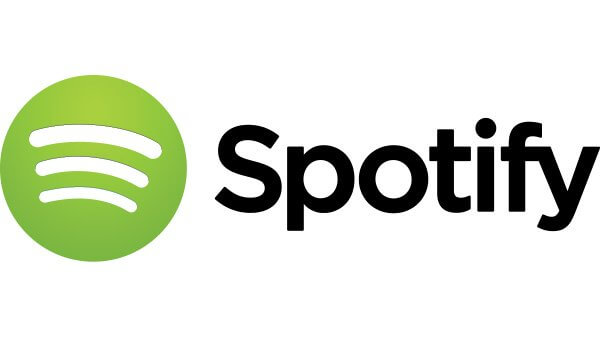Spotify Q3 2024 $SPOT (-3,59 %)

Financial performance:
- Revenue: Total revenue in Q3 2024 amounted to €3,988 million, an increase of 19% year-on-year (Y/Y); at constant currency, growth was 21% Y/Y.
- Gross margin: A record 31.1% was achieved, which corresponds to an increase of 473 basis points Y/Y.
- Operating result: Operating profit rose to a record high of 454 million euros, corresponding to an operating margin of 11.4 %.
Balance sheet overview:
- Cash and cash equivalents: At the end of Q3 2024, the company held €6.1 billion in cash, restricted cash and short-term investments.
- Total assets: Total assets amounted to EUR 10,553 million as at September 30, 2024.
Details of the income statement:
- Revenue from premium services: Grew by 21% Y/Y due to the increase in subscriber numbers and ARPU (average revenue per user).
- Revenue from ad-financed services: Increased by 6% Y/Y.
Cash flow overview:
- Free cash flow: Reached €711 million in Q3 2024, contributing to a year-to-date figure of €1.4 billion.
- Net cash flow from operating activities: In the third quarter of 2024, this amounted to EUR 715 million.
Key figures and profitability metrics:
- Gross margin: 31.1% in the third quarter of 2024.
- Operating margin: 11.4% in the third quarter of 2024.
Segment information:
- Premium segment: Gross margin improved to 33.5 %, an increase of 436 basis points Y/Y.
- Advertising-financed segment: Gross margin increased to 13.1%, an increase of 486 basis points Y/Y.
Competitive position: The company expanded its AI-based DJ services into Spanish-speaking markets and increased the availability of music videos, further improving the user experience.
Outlook and management commentary: Management is confident that sustainable growth will be achieved and that the long-term goals formulated at the Investor Day 2022 are achievable.
Risks and opportunities:
- Currency fluctuations: Unfavorable currency movements impacted sales growth by approximately 270 basis points.
Summary of results:
Positives:
- Record gross and operating margins.
- Strong free cash flow generation.
- Double-digit growth in monthly active users (MAUs) and premium subscribers.
- Successful expansion of user experience and engagement strategies.
- Efficiency improvements that led to a decrease in operating expenses.
Negative aspects:
- Growth in advertising revenue lagged behind that of premium revenue.
- Revenue was impacted by unfavorable currency movements.
- Social security contributions in connection with share-based remuneration increased expenses.
- Ongoing challenges in the profitability of the advertising-financed segment.
- Potential risks from macroeconomic factors such as currency fluctuations.

